Since childhood, we are told: “Eat fruit, because they have a lot of vitamins”. It is difficult to argue with this, they really have a lot of useful substances. And all would be well, if not for one “but”. Some fruits contain a large amount of sugar. And although natural is not as dangerous as, for example, in its pure form, it is still not worth abusing. We tell you about the 10 berries and fruits with the highest sugar content.
Banana
Nutritional value in 100 grams:
Protein: 1.09 g.
Fats: 0.33 g.
Carbohydrates: 22.84 g.
Calories: 354 kcal.
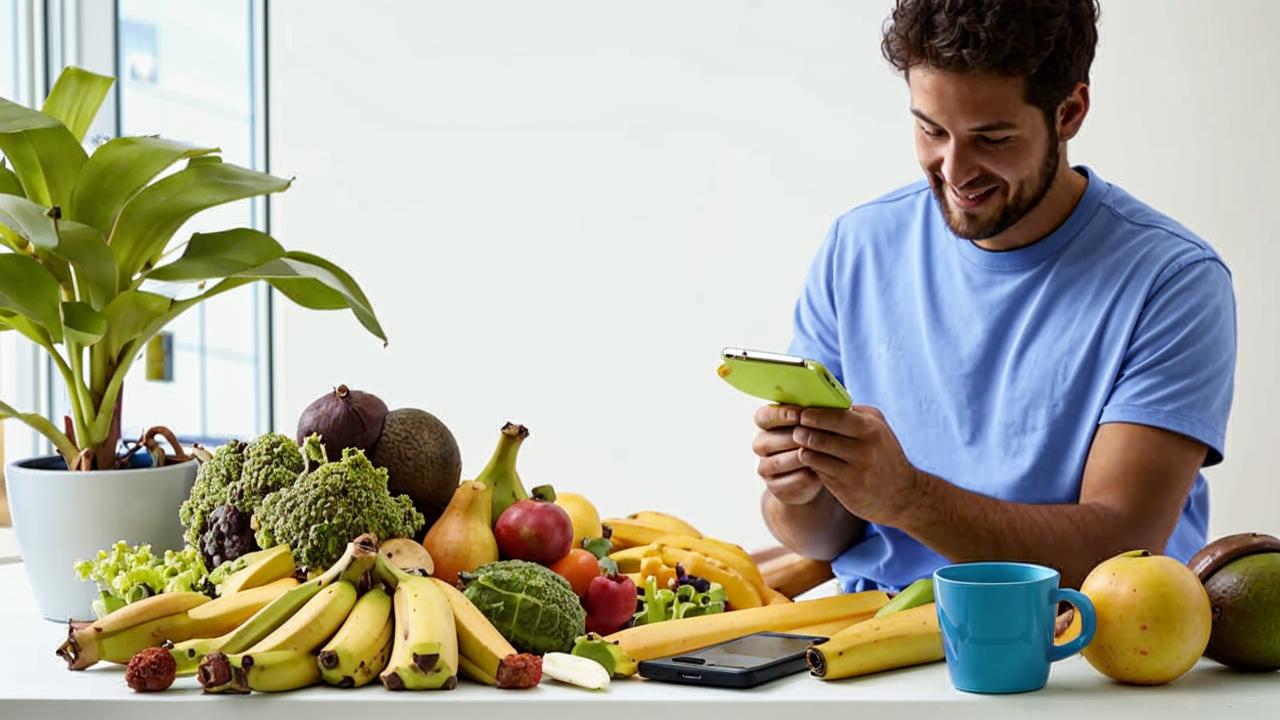
One banana contains 12 grams of sugar, which is quite a lot. At the same time, the fruit still has many useful properties. Especially emphasize the presence of potassium, the main function of which is to maintain the health of the kidneys and heart. Also, the magnesium contained in the banana has a beneficial effect on the circulatory system.
Peaches
Nutritional value in 100 grams:
Protein: 0.91 g.
Fats: 0.25 g.
Carbohydrates: 9.54 g.
Caloric value: 39 kcal.

Peaches, a favorite of many, contain 13 grams of sugar. Like the banana, the peach is rich in potassium. So, in 100 grams of fruit contains about 15% of the daily norm for a person.
Mango
Nutritional value in 100 grams:
Protein: 0.82 g.
Fats: 0.38 g.
Carbohydrates: 14.98 g.
Caloric value: 60 kcal.
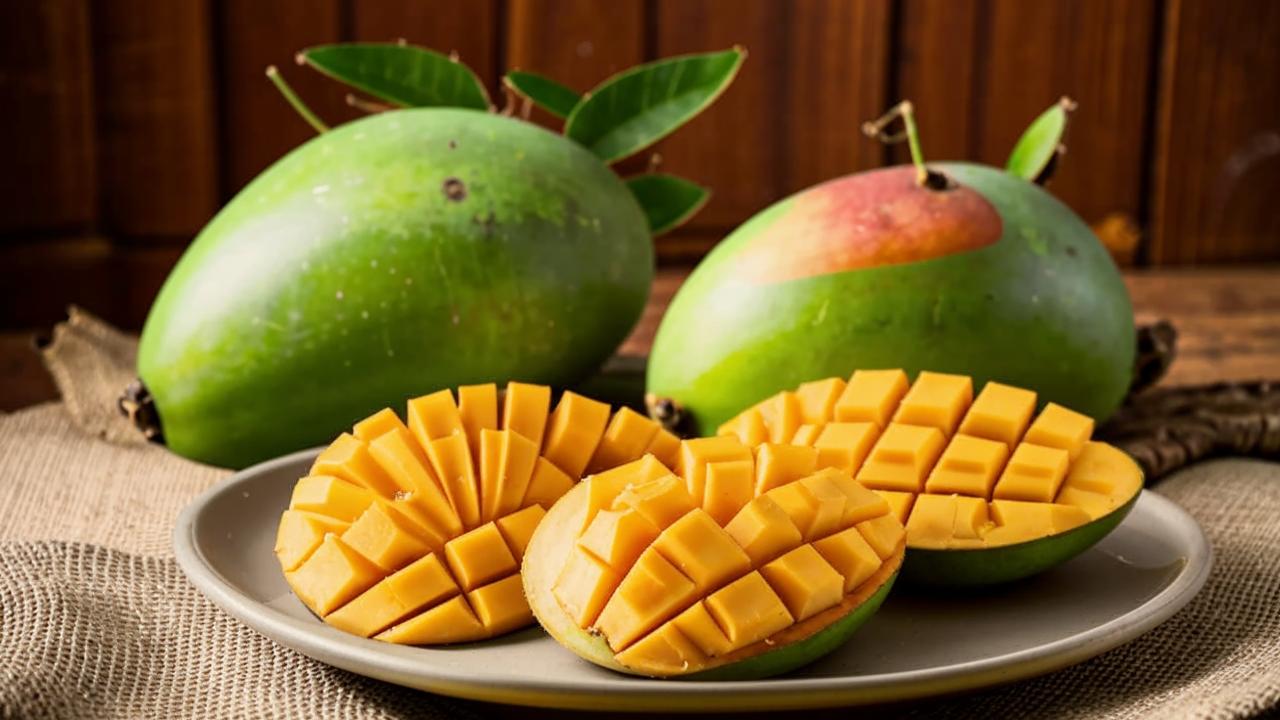
The exotic fruit also falls into the list of sweet record-breakers. In 100 grams of mango contains about 13.7 grams of sugar. The fruit has antipyretic properties and improves the cardiovascular system. In addition, mango is an ideal antidepressant: it is recommended for tension and to get rid of stress.
Lychee
Nutritional value in 100 grams:
Protein: 0.83 g.
Fats: 0.44 g.
Carbohydrates: 15.3 g.
Caloric value: 66 kcal.
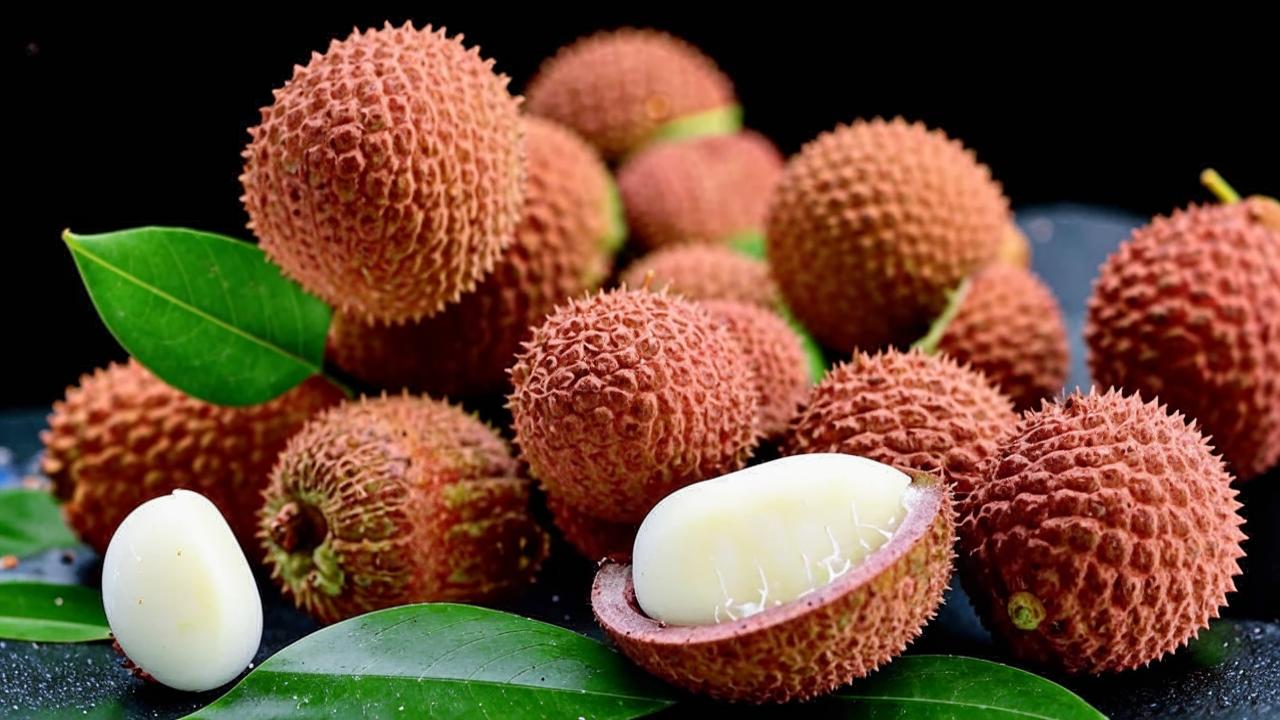
Another exotic fruit on the list comes from China. Depending on the specific variety, the sugar content of the fruit varies. As a rule, in one cup of lychee (100 grams), the amount of sugar does not exceed 15 grams. Excessive consumption of the fruit can provoke allergies. Adults are not recommended to eat more than 10 fruits a day, children – more than five.
Figs
Nutritional value in 100 grams:
Protein: 0.65 g.
Fats: 0.30 g.
Carbohydrates: 19,18 g.
Calories: 74 kcal.
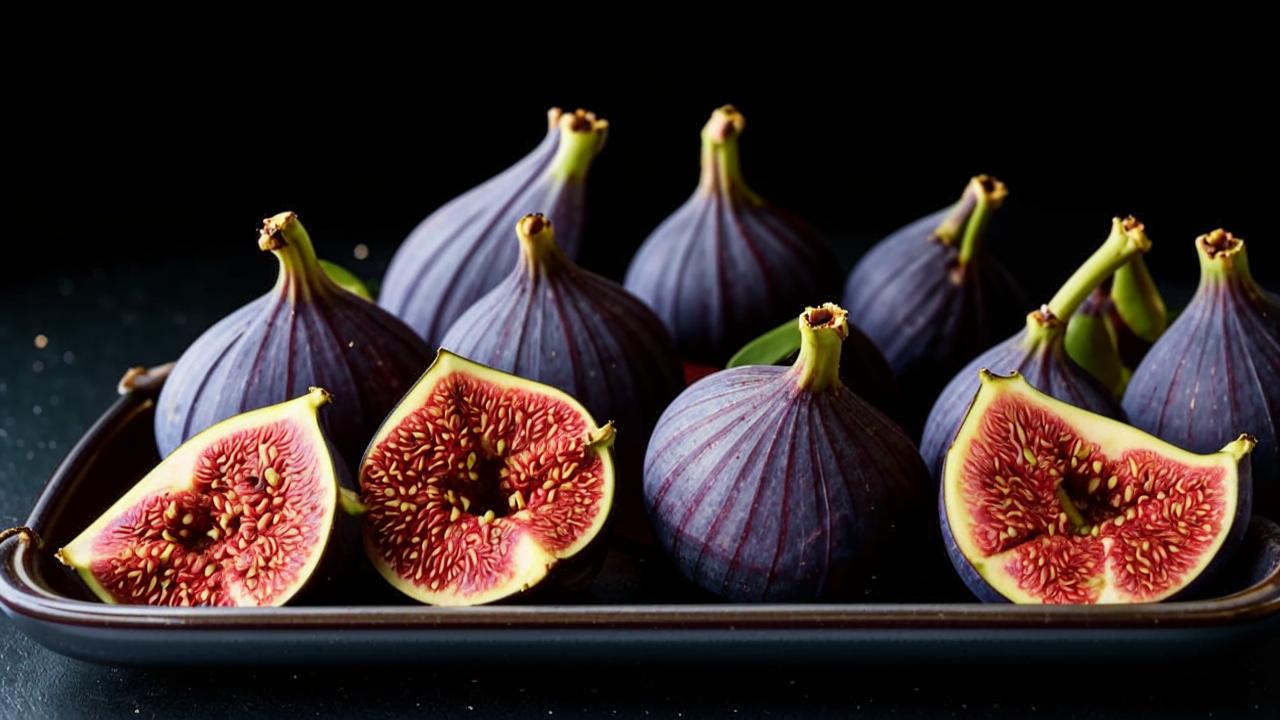
One cup of fresh figs (about 100 grams) contains about 16 grams of sugar. Nevertheless, this does not detract from the useful properties of the fruit. Its fruit, for example, is rich in calcium and phosphorus. Doctors claim that eating two berries a day can speed up the process of bone repair after a fracture.
Grapes
Nutritional value in 100 grams:
Protein: 0.81 g.
Fats: 0.47 grams.
Carbohydrates: 13.93 g.
Caloric value: 57 kcal.
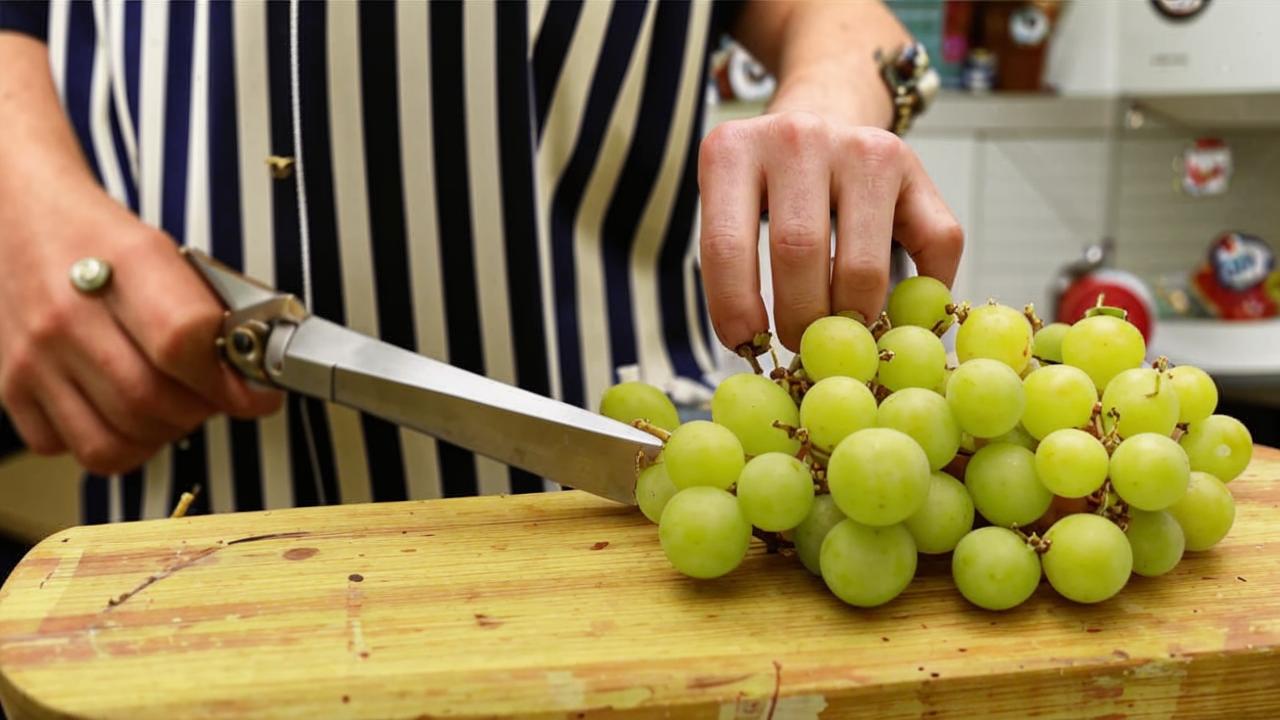
Regardless of variety and color, 100 grams of grapes contain about 16 grams of sugar. It is not particularly rich in protein and crude fiber, but boasts an increased amount of carbohydrates. Grapes also have the ability to increase nitric oxide in the blood. This, in turn, thins the blood and prevents blood clots.
Pineapple
Nutritional value in 100 grams:
Protein: 0.54 g.
Fats: 0.12 grams.
Carbohydrates: 13,12 g.
Caloric value: 50 kcal.
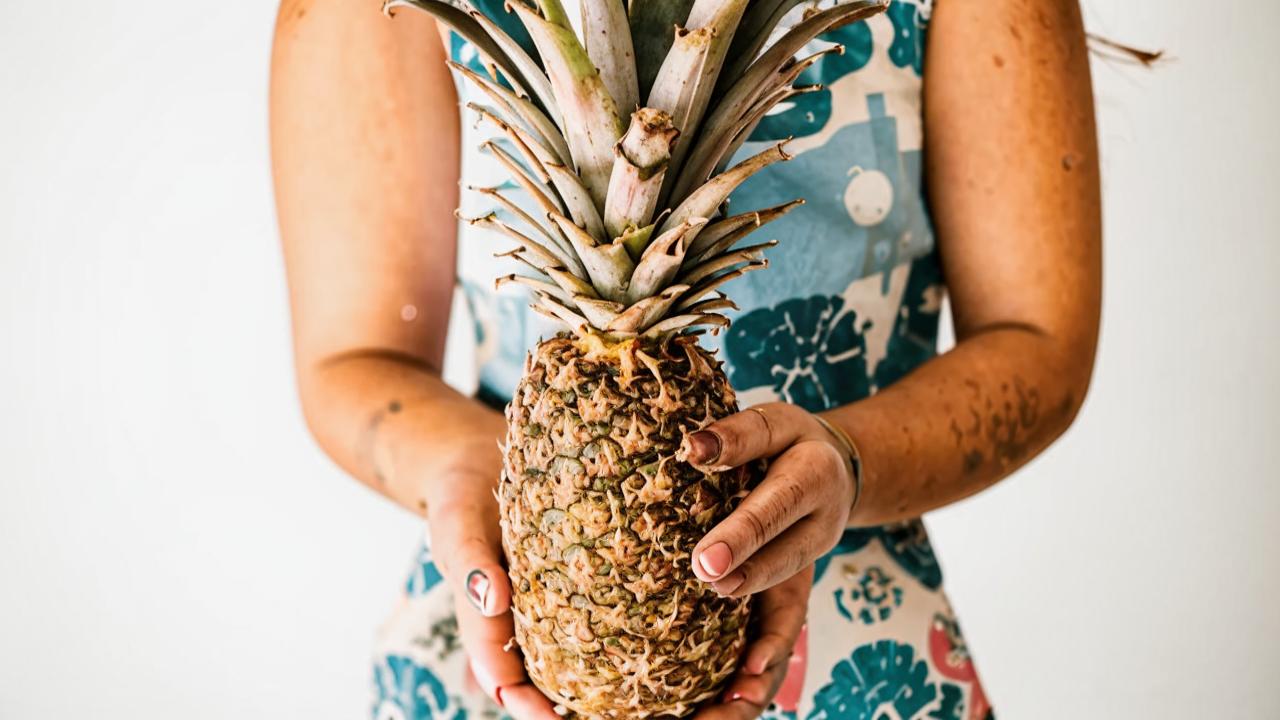
Next in line is a tropical fruit. In 100 grams of pineapple contains 16 grams of sugar. There are legends about its useful properties. As an example, let’s focus on the enzyme called bormelain. It is concentrated in the core of the fruit. It is believed that bormelain accelerates the breakdown of fats in the body. Because of this property, the fruit is known as an ideal fat burner.
Cherry
Nutritional value in 100 grams:
Protein: 1.06 g.
Fats: 0.2 grams.
Carbohydrates: 16,01 g.
Caloric value: 63 kcal.
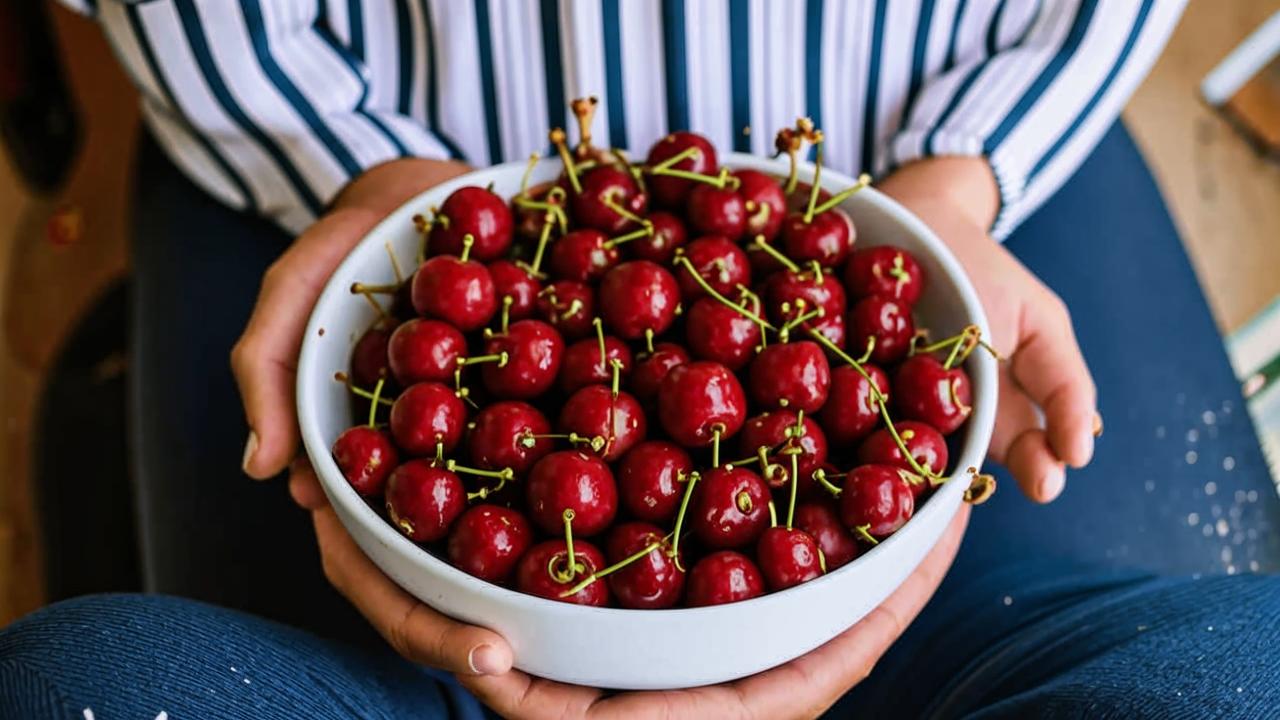
Who would have thought that a cup of cherries can contain 18 grams of sugar. And by the usefulness of properties it overtakes its eternal rival – cherries. Red berries contain special compounds – antioxidants polyphenols. They help the cells of the body more actively resist damage and recover faster, as well as slow down aging.
Apple
Nutritional value in 100 grams:
Protein: 0.26 g.
Fats: 0.17 g.
Carbohydrates: 13.81 g.
Calories: 52 kcal.

One of the most popular healthy snacks, apples also contain a decent amount of sugar: about 19 grams per 100 grams of fruit. They saturate the body with nutrients and give energy. Often apples are used in weight loss. The water and dietary fiber contained in these fruits help to get rid of extra pounds.
Coconut
Nutritional value in 100 grams:
Protein: 3.33 g.
Fats: 33.39 g.
Carbohydrates: 15.23 g.
Caloric value: 354 kcal.
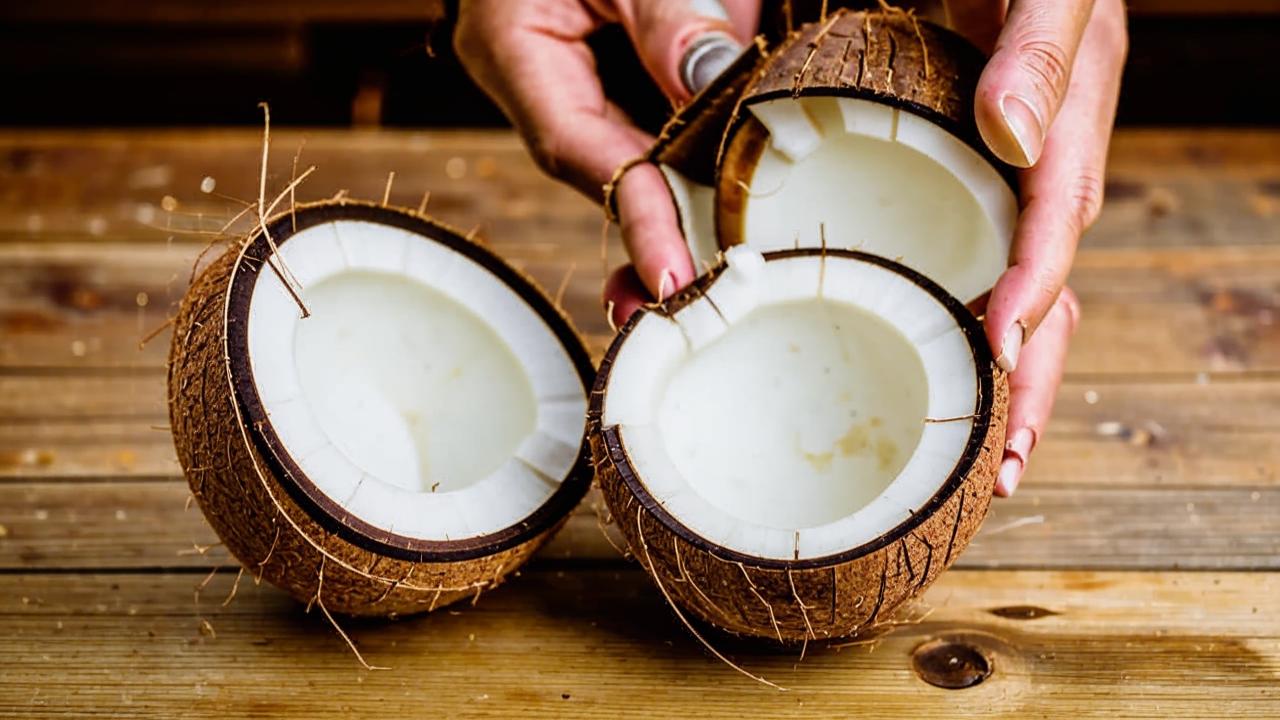
Coconut is one of the most caloric representatives of this list. One of its fruits (about 200-300 grams) contains as much as 22 grams of sugar. Nevertheless, coconut pulp helps to improve vision and has a good effect on digestion. In addition, the substances it contains prevent the development of cardiovascular diseases.





